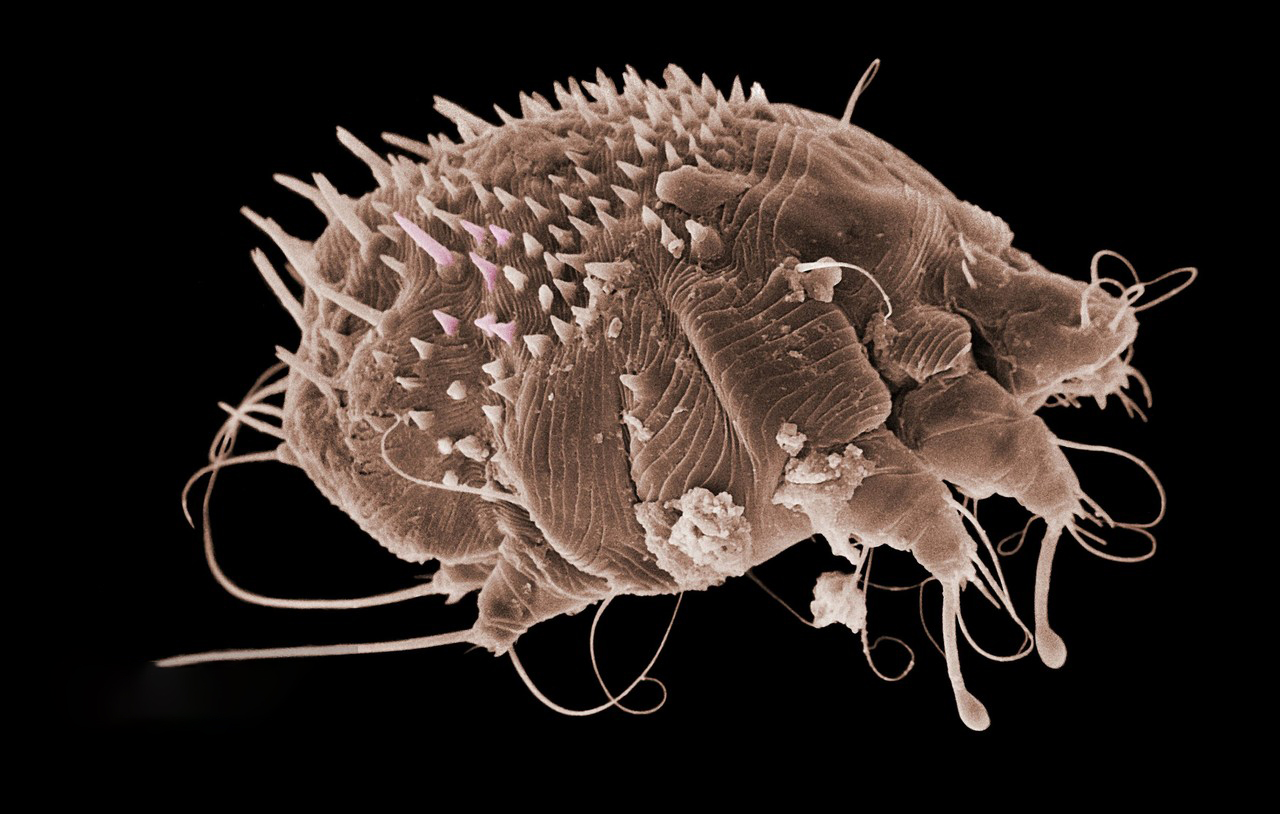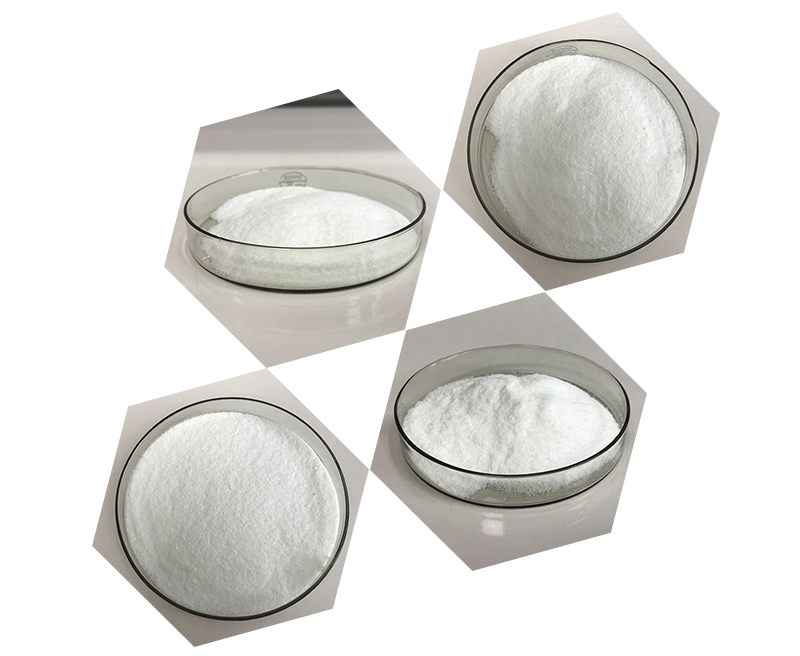Ivermectin is a broad-spectrum antiparasitic agent that works through multiple mechanisms of action, depending on the target organism. Here are its primary pharmacological actions:
1. Action Against Parasites:
Targeting Glutamate-Gated Chloride Channels:
- Ivermectin binds to glutamate-gated chloride channels (GluCl) found in the nerve and muscle cells of invertebrates.
- This binding increases the permeability of the cell membrane to chloride ions, leading to hyperpolarization.
- Hyperpolarization causes paralysis and death of the parasite by inhibiting neural or muscular activity.
- These channels are unique to invertebrates, which contributes to ivermectin’s selectivity.

Effects on Gamma-Aminobutyric Acid (GABA):
- Ivermectin may also enhance the effects of GABA at GABA-gated chloride channels in some parasites, further contributing to paralysis.
- GABA receptors in the mammalian central nervous system are not affected at therapeutic doses because ivermectin does not readily cross the blood-brain barrier.
2. Action Against Insects and Mites:
- Ivermectin also interferes with neurotransmission in arthropods (e.g., mites and insects), leading to their death.
3. Antiviral and Anti-inflammatory Effects (Under Investigation):
- Ivermectin has shown some activity against certain viruses in vitro, possibly by interfering with host nuclear transport mechanisms or virus replication.
- It also exhibits mild anti-inflammatory properties, potentially by modulating immune responses.
Clinical Uses:
Antiparasitic Treatment:
- Effective against nematodes (roundworms), such as Onchocerca volvulus (river blindness) and Strongyloides stercoralis.
- Treats ectoparasites like scabies and lice.

Exploratory Uses:
- Investigated for use against viral infections like COVID-19, though its efficacy and safety in this context are not well-established.
Pharmacokinetics:
- Ivermectin is lipophilic, ensuring good tissue distribution.
- It is metabolized in the liver, primarily by cytochrome P450 enzymes, and excreted in feces.
In therapeutic doses, ivermectin is generally well-tolerated, but it may cause side effects like dizziness, nausea, or skin reactions. In certain populations (e.g., individuals with a heavy parasite load), the death of parasites may trigger immune responses, leading to systemic reactions.
